Reviewed by Corey Noles
Remember those quirky personalized stickers that looked suspiciously like you? Well, Google is officially saying goodbye to Gboard's "Minis" feature—and honestly, it's about time.
What you need to know:
Gboard Minis, the selfie-to-sticker feature launched in 2018, is getting discontinued end of October
Users with active Minis will see a "going away soon" notification in their keyboard
Google's doubling down on Emoji Kitchen instead, which now features over 100,000 combinations
The move signals a shift toward universal features over personalized gimmicks
Why Minis never quite clicked (despite being kinda cool)
Let's be honest—Minis were clever in theory. The feature captured your selfie and created a customized sticker pack based on your appearance, turning you into a cartoon avatar for messaging. Pretty neat, right?
The problem? It felt more like a novelty than a necessity. After testing Minis for several months, the pattern became clear: users downloaded it, showed friends a few cartoon versions of themselves making surprised faces, then… crickets. The initial "haha, that looks like me" novelty wore off faster than you'd expect.
Here's the fundamental issue: unlike emoji that communicate universal emotions across cultures, your personalized Minis only made sense to people who knew what you looked like. To everyone else, your confused cartoon face was just another random sticker in an already crowded messaging landscape.
The bigger challenge was behavioral. Emoji work because they're instant emotional shorthand—a laughing face means funny regardless of who uses it. But Minis locked you into predetermined expressions of yourself, creating a closed loop of personalization that didn't scale beyond your immediate social circle.
PRO TIP: If you're still using Minis, export or screenshot your favorites before October ends—there's no indication Google will offer a backup option.
Smart Compose and Emoji Kitchen are the real winners
Instead of pouring resources into maintaining a feature with limited adoption, Google's focusing on what actually drives daily engagement. Smart Compose, previously limited to Pixel devices, is now expanding to non-Pixel Android phones—bringing Gmail's predictive text magic to everyday messaging.
This strategic shift makes perfect sense. Smart Compose helps you type faster across all conversations, while Emoji Kitchen continues growing, with Google adding around 1,500 new sticker combinations this fall. The beauty of Emoji Kitchen lies in its universal appeal—a disco ball merged with headphones creates an instantly recognizable "party music" vibe that works across language barriers and social contexts.
Unlike Minis, these mashup emoji solve a real communication problem: expressing complex emotions that single emoji can't capture. When regular emoji fall short, Emoji Kitchen fills the gap with creative combinations that feel both personal and universally understood.
What this means for Gboard's future
This isn't Google being mean to personalization—it's Google being strategic about feature development. Rather than maintaining dozens of niche features that delight a handful of users, they're investing in tools that genuinely improve communication for millions daily.
The Minis discontinuation reveals Google's broader product philosophy: universal utility beats individual customization. Recent Gboard updates reflect this approach—better emoji search, expanded language support, and those wonderfully weird Emoji Kitchen combinations that somehow perfectly capture feelings regular emoji can't express.
This shift also signals Google's recognition that keyboard apps succeed when they disappear into the background, enabling effortless communication rather than drawing attention to themselves. Features like Smart Compose and predictive text reduce friction, while personalized avatar stickers add complexity without clear benefit.
Your keyboard will survive just fine without tiny cartoon versions of yourself—and it'll probably work better because Google can focus their engineering resources on features that improve typing speed, accuracy, and expression for everyone.




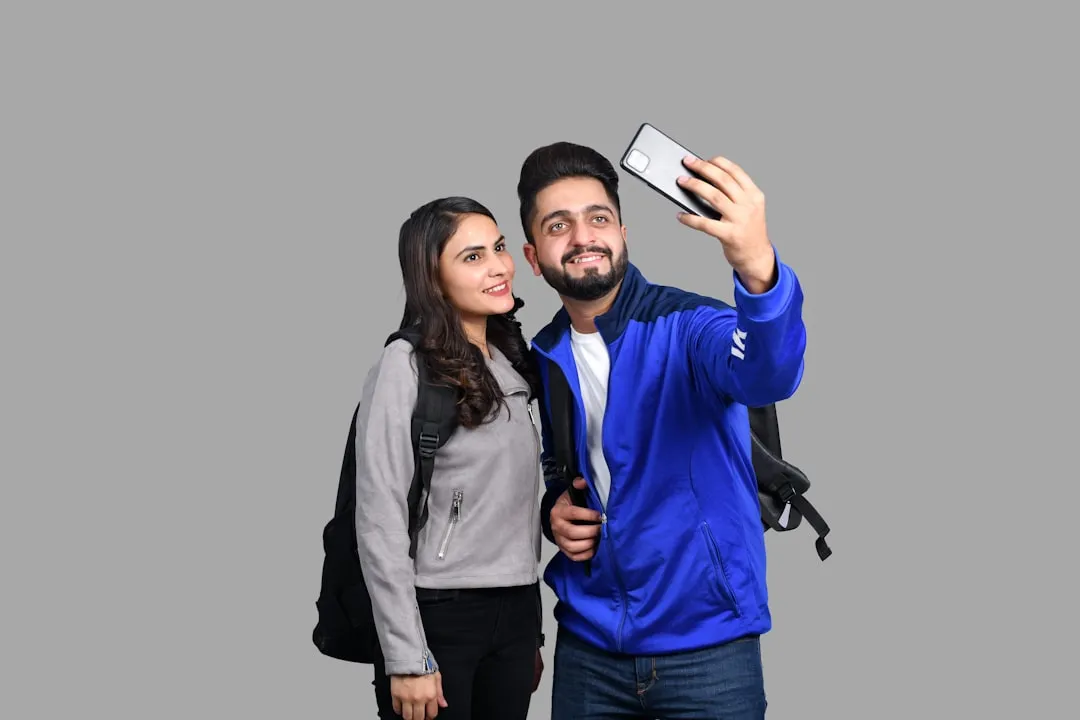








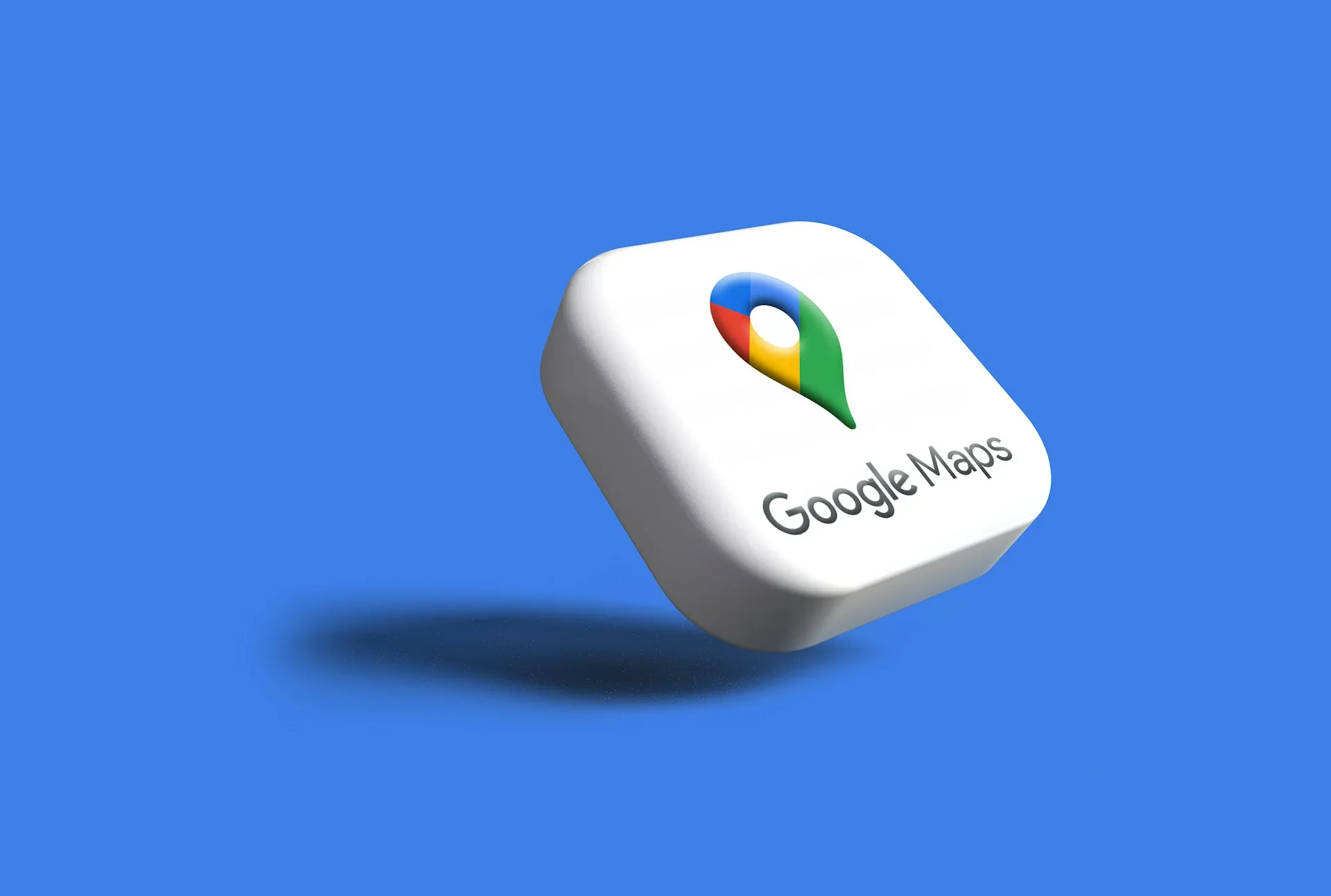


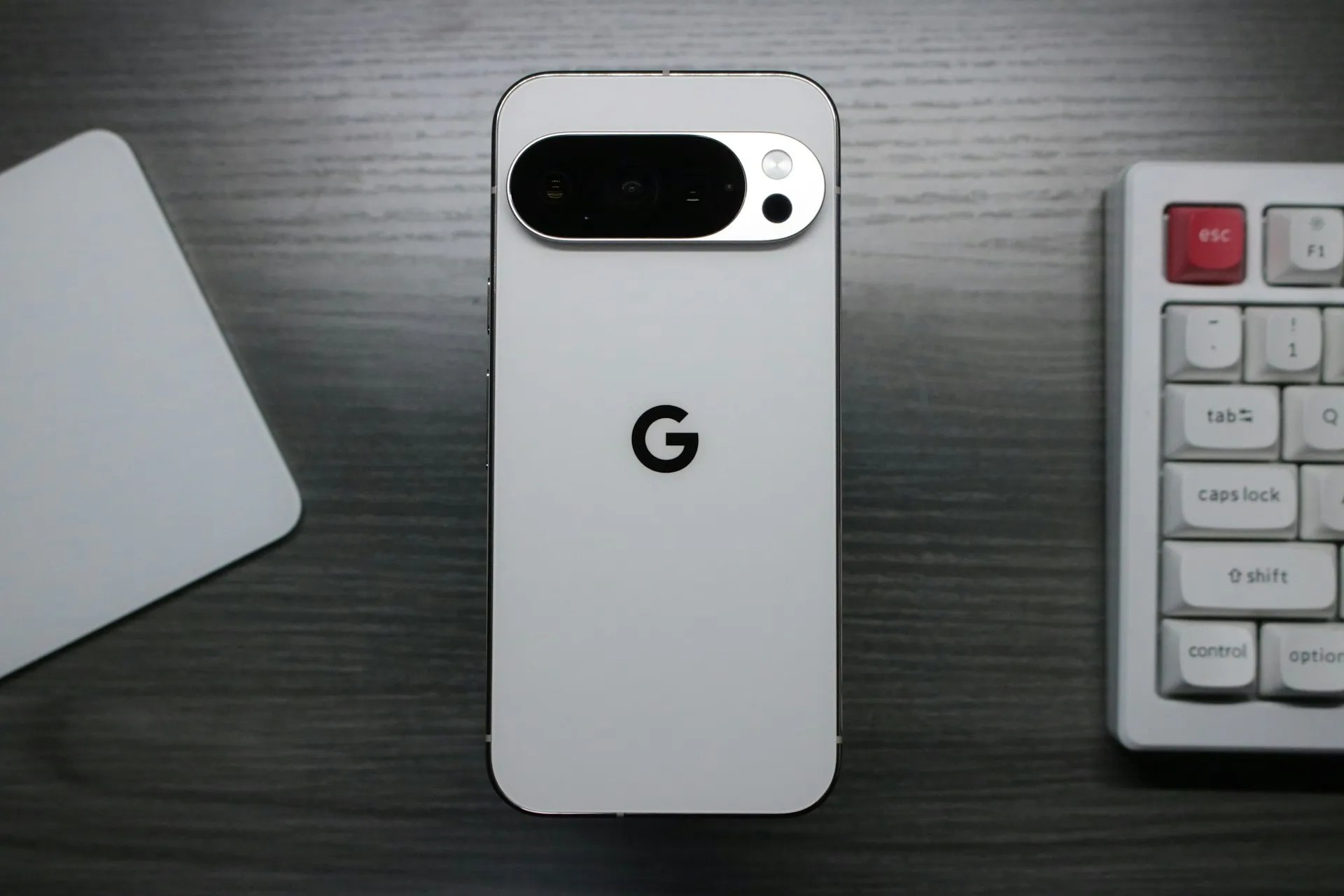


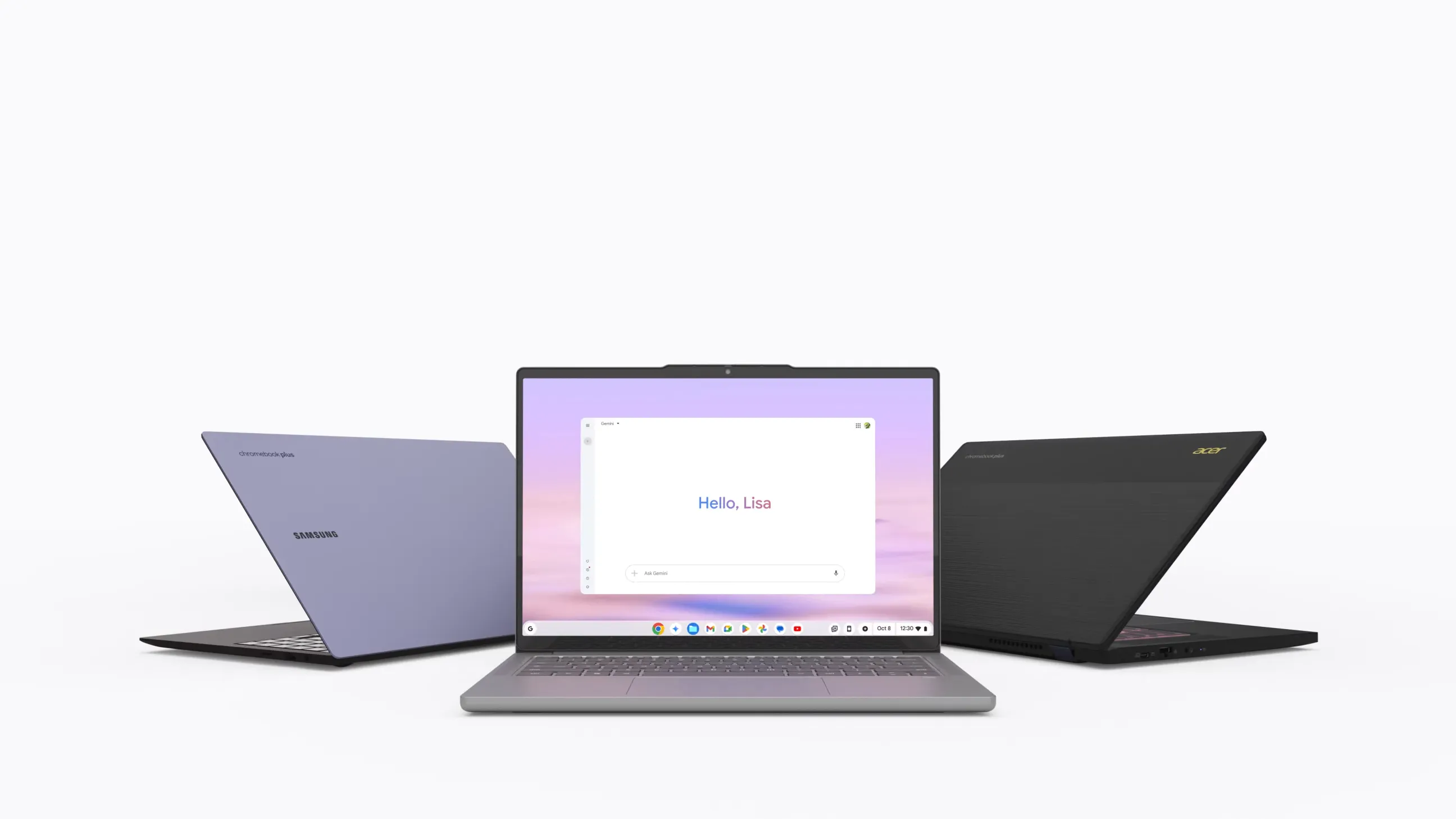




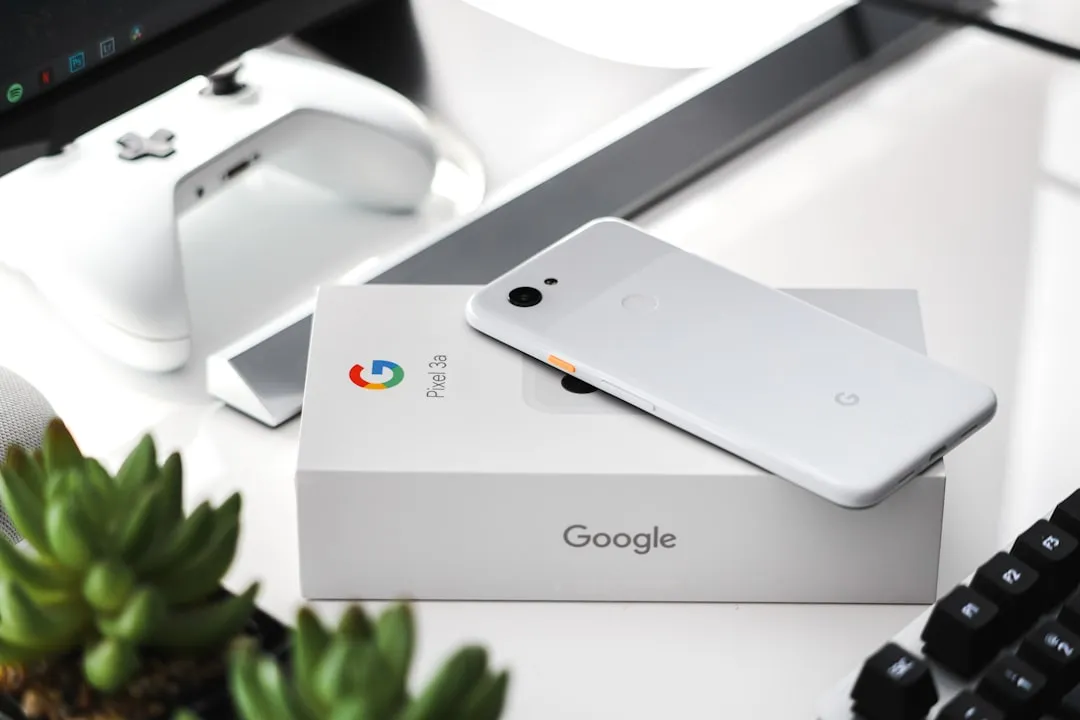
Comments
Be the first, drop a comment!